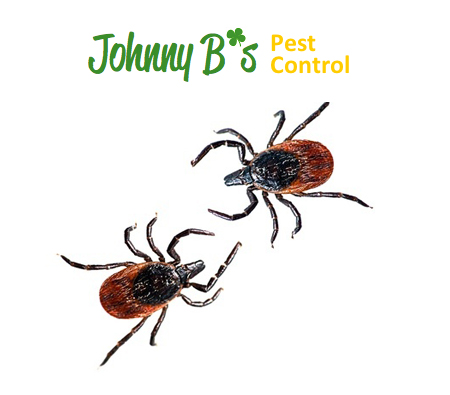Here in America ticks are a big concern for many citizens living in the upper-midwest and northeast regions of the country. Even people living in more southern regions of the country are becoming concerned about growing tick populations. Although America’s most threatening vector-borne disease comes from ticks, there are other countries in the world where tick-borne diseases pose serious threats as well. The mediterranean region of north Africa as well as areas of central Asia have seen cases of a tick-borne disease that is fatal in thirty percent of those who contract the disease. The disease is known as Crimean-Congo haemorrhagic fever. Although the disease is rare, there are reports that the disease is being spread to new regions. The disease has also recently caused the tragic death of a young girl from Uganda.
A nine year old girl was pronounced dead by doctors after she was found unconscious in a “pool of blood”. Medical experts in the country strongly believe that the girl died from Crimean-Congo haemorrhagic fever as the result of a tick bite that she had sustained weeks prior. Crimean-Congo haemorrhagic fever is so dangerous that the World Health Organization advises against collecting blood samples from infected individuals. Only disease samples that have been inactivated with formaldehyde or radiation are considered safe for professional handling.
Crimean-Congo haemorrhagic fever can begin to show symptoms after only a few days of infection. The symptoms of the disease are severe, and life threatening. The symptoms include backache, sore eyes, nausea, vomiting, mood swings, confusion, and this is only naming a few. Although this disease is rare, one man became infected while he was driving within the country of Spain. This man ended up spreading the disease to a Spanish nurse who had been treating him for his symptoms. So far this is the only case of Crimean-Congo haemorrhagic fever that has ever occured within Europe. Spanish doctors believe that disease-carrying-ticks from north Africa hitched rides to Spain on birds. Hopefully, this extremely dangerous tick-borne disease remains rare.
Stay up to date with Johnny B’s Social Media Pages!

